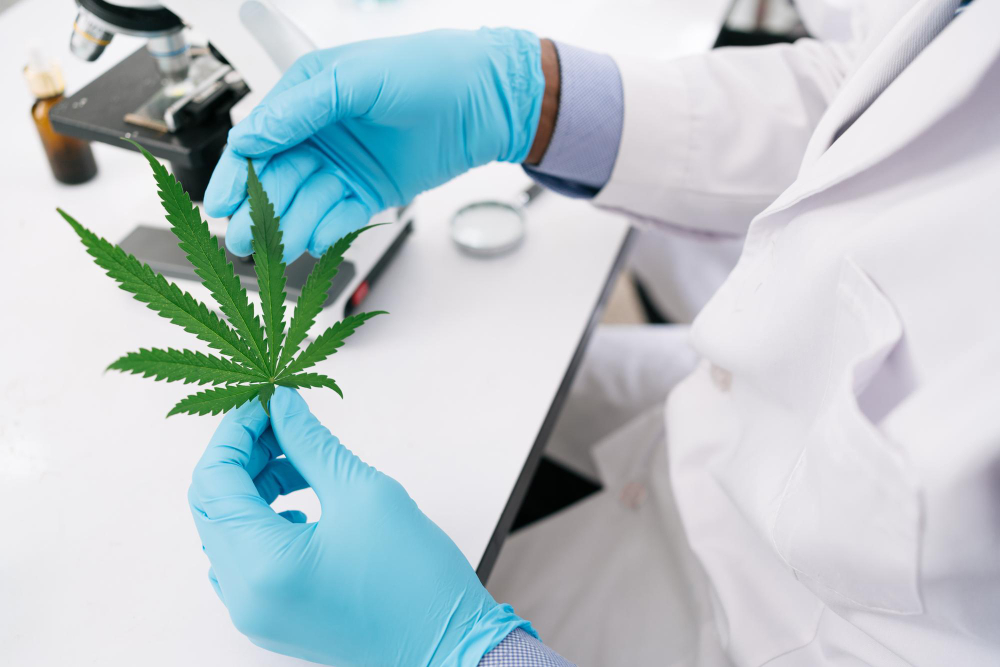Is Medical Marijuana Addictive? Debunking Myths and Exploring the Facts

Marijuana, also called cannabis, may have earned a bad reputation over the years because of its association with recreational use. But, in recent times, the medicinal properties of marijuana have led to its use in treating various health conditions such as chronic pain, anxiety, epilepsy, and multiple sclerosis. However, many people still question whether medical marijuana is addictive. In this article, we will debunk the common myths surrounding medical marijuana addiction and explore the facts.
Myth 1: Medical marijuana is as addictive as cocaine or heroin.
Fact: According to the National Institute on Drug Abuse (NIDA), medical marijuana is less addictive than cocaine or heroin. NIDA rates addictive substances based on their potential to create dependence. Marijuana is classified as a Schedule I drug, meaning it has a high potential for abuse, but it is also considered to be safer and less addictive than other Schedule I substances.
Myth 2: People who use medical marijuana become dependent on it.
Fact: Dependence on medical marijuana is different from addiction. Dependence occurs when the body becomes accustomed to a medication, and you experience withdrawal symptoms when you stop taking it. Addiction, on the other hand, involves physical and psychological dependence that interferes with daily life. In studies, marijuana dependence was found to be less severe than dependence on alcohol, nicotine, or opioids used for pain.
Myth 3: Medical marijuana causes users to crave and seek more of the drug.
Fact: The craving and dependence potential for medical marijuana is relatively low. Studies have shown that only 9% of medical marijuana users go on to develop a dependence compared to 15% of alcohol consumers and 32% of tobacco smokers. In general, people who use medical marijuana tend to be older, and there is no significant evidence of diversions or recreational use of medical marijuana in states where it is legal.
Myth 4: Medical marijuana will lead to the use of other drugs.
Fact: There is no evidence to support the idea that medical marijuana is a gateway drug that leads to the use of other drugs. The gateway theory has been debunked as medical marijuana has been found to reduce the use and dependence on opioids. According to studies, states that have legalized medical marijuana have seen a reduction in opioid-related hospitalizations and deaths, suggesting that medical marijuana can help address the opioid epidemic.
Conclusion
In conclusion, medical marijuana may not be as addictive as the common misconceptions suggest. While marijuana does have a potential for dependence, it is less severe than the dependence caused by other legal substances. With the advantages of treating chronic pain and reducing the use of opioids, medical marijuana remains a helpful therapeutic option. However, it is important to note that individuals must make informed decisions regarding its use and potential risks. If you're looking for a medical marijuana card in Altamonte Springs, FL, contact CSG Med today for more information. We provide professional and reliable medical marijuana evaluations that will assist your medical journey.